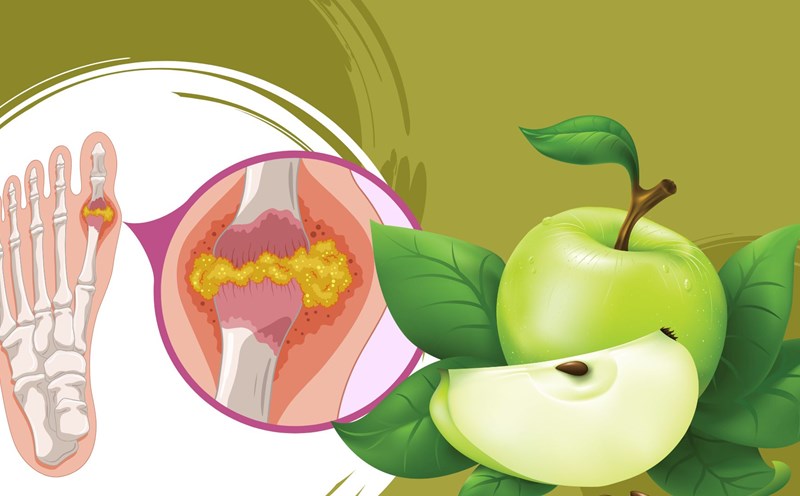squash is a food source rich in protein, vitamins and minerals, but contains a fairly high purine content - the main cause of increased uric acid in the blood, leading to the risk of gout and diseases related to arthritis.
Purines in squid when metabolized in the body will create uric acid. If you consume too much purines at the same time or do not control your intake, uric acid will accumulate, causing inflammation and joint pain, according to Harvard Health Publishing.
How to eat squid without increasing uric acid
1. Portion control
Nutritionists recommend eating only about 100g of squid at each meal, avoid eating continuously every day.
2. Eat squid combined with foods rich in fiber and water
Eating squash with green vegetables and fruits rich in vitamin C helps reduce purine absorption and increase uric acid excretion through the kidneys.
3. Prioritize low-fat processing methods
Stewing, boiling, baking instead of frying helps reduce fat and limit the negative effects on purine metabolism.
4. Drink enough water every day
Drinking plenty of water helps the kidneys excrete uric acid better, reducing the risk of urate crystallization.
Dr. Michael Smith, a nutritionist at Harvard University, said that people at high risk or with gout can still eat squid but need to control their portion sizes and prepare them properly to avoid increasing uric acid.











